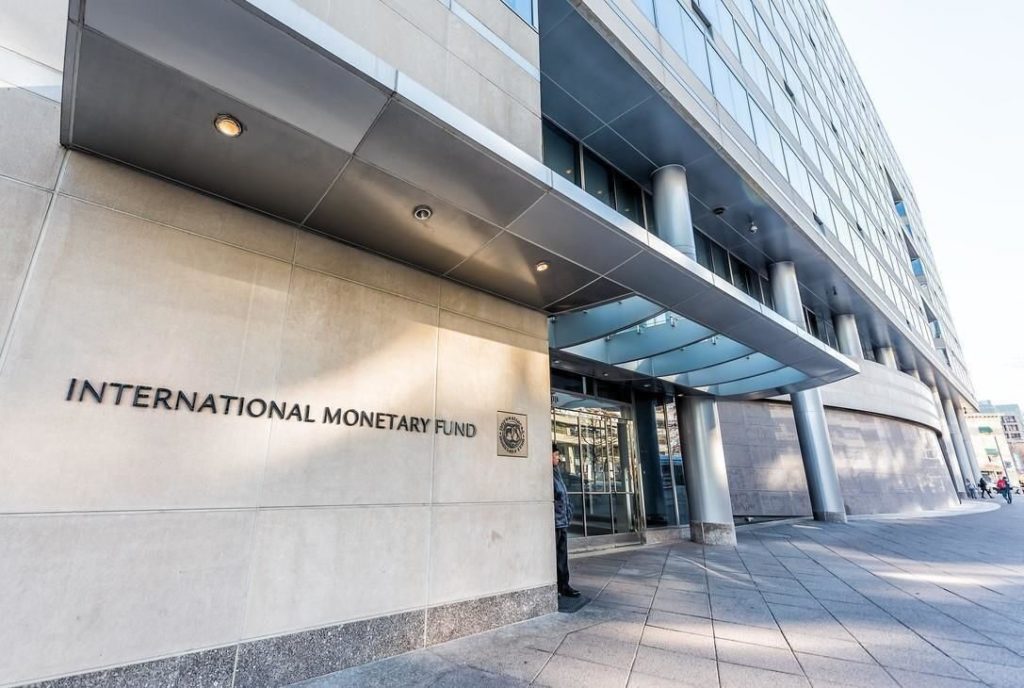
In today’s global financial landscape, the International Monetary Fund (IMF) is often viewed as a key ‘architect’, structuring financial frameworks that dictate the economic paths of nations facing acute financial and fiscal crises. Adopting traditional economic policies aimed at stabilization and development, the IMF’s influence permeates the macroeconomic and social frameworks of many countries within the Arab region. As such, at this moment, one must ask: How effectively does the IMF engage with civil society organizations (CSOs) to address the unique economic challenges faced by these nations, and to what extent do these interactions ensure that the policies promote inclusive and sustainable development? This policy article seeks to answer these critical questions.
To read the full article: click here
Disclaimer: Except for articles published on Blog Tadamon and the content of the resource pages, all materials on this website, including their respective photographs, are indexed from their original sources. All rights remain with the respective copyright holders.

Comments are closed, but trackbacks and pingbacks are open.